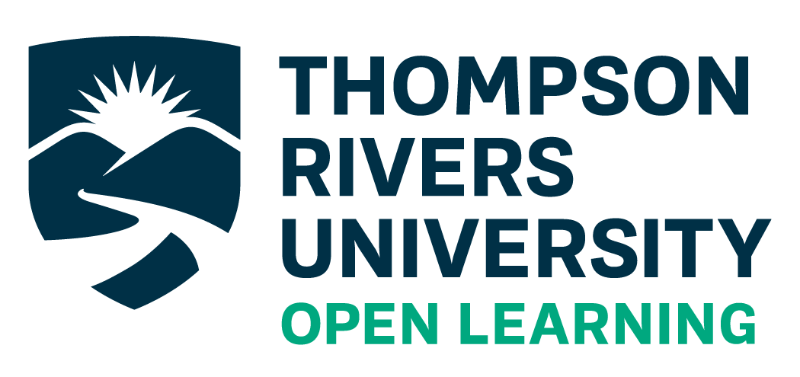PhD(c)
Kudos to Mona Hall for researching and validating our house style! Ongoing PhD studies are not listed on the Copyright and Credits page of the course guide; therefore, do not include credentials such as: Title (year): Name, PhD(c) Title (year): Name, PhD(candidate) Title (year): Name, PhD(ABD) Title (year): Name, PhD(all but dissertation) See also APA’s The Misuse…
